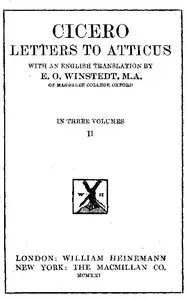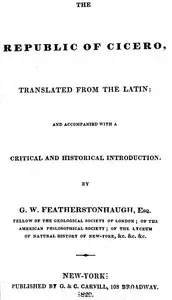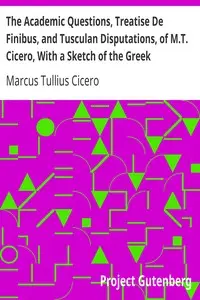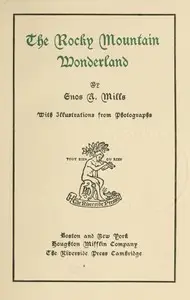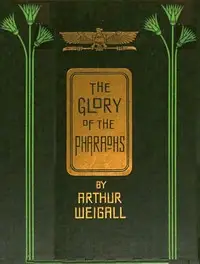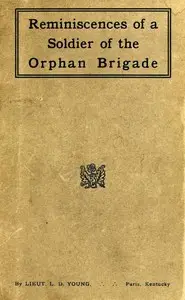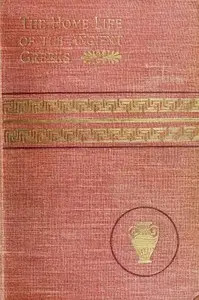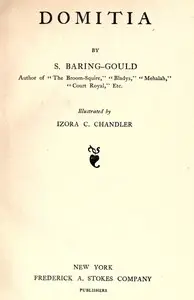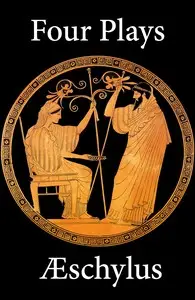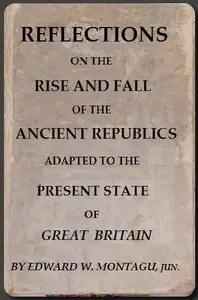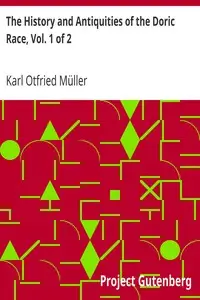"Cicero's Tusculan Disputations" by Marcus Tullius Cicero is a philosophical treatise written in the late Roman Republic period. This work presents a series of five dialogues in which Cicero addresses various philosophical questions concerning the nature of death, the essence of happiness, and the role of virtue in life. The primary focus is to provide a philosophical framework to help individuals confront and understand their anxieties surrounding death and suffering. The opening of the text introduces the context of its creation, highlighting Cicero's personal grief due to the death of his daughter, Tullia, which prompted him to seek solace in philosophical discussions. In the first book, Cicero, engaging in a dialogue with friends, begins to tackle the fear of death. He argues that death should not be perceived as an evil and explores their underlying beliefs about life, existence, and morality. Cicero employs rhetorical questioning to challenge and refine his arguments, inviting his participants to reconsider their assumptions about mortality and the nature of human suffering. This engaging discursive style sets the stage for further exploration of fundamental philosophical concepts throughout the subsequent dialogues. (This is an automatically generated summary.)

Cicero's Tusculan Disputations Also, Treatises On The Nature Of The Gods, And On The Commonwealth
By Marcus Tullius Cicero
"Cicero's Tusculan Disputations" by Marcus Tullius Cicero is a philosophical treatise written in the late Roman Republic period. This work presents a ...
Marcus Tullius Cicero was a Roman statesman, lawyer, scholar, philosopher, writer and Academic skeptic, who tried to uphold optimate principles during the political crises that led to the establishment of the Roman Empire. His extensive writings include treatises on rhetoric, philosophy and politics. He is considered one of Rome's greatest orators and prose stylists and the innovator of what became known as "Ciceronian rhetoric". Cicero was educated in Rome and in Greece. He came from a wealthy municipal family of the Roman equestrian order, and served as consul in 63 BC.


